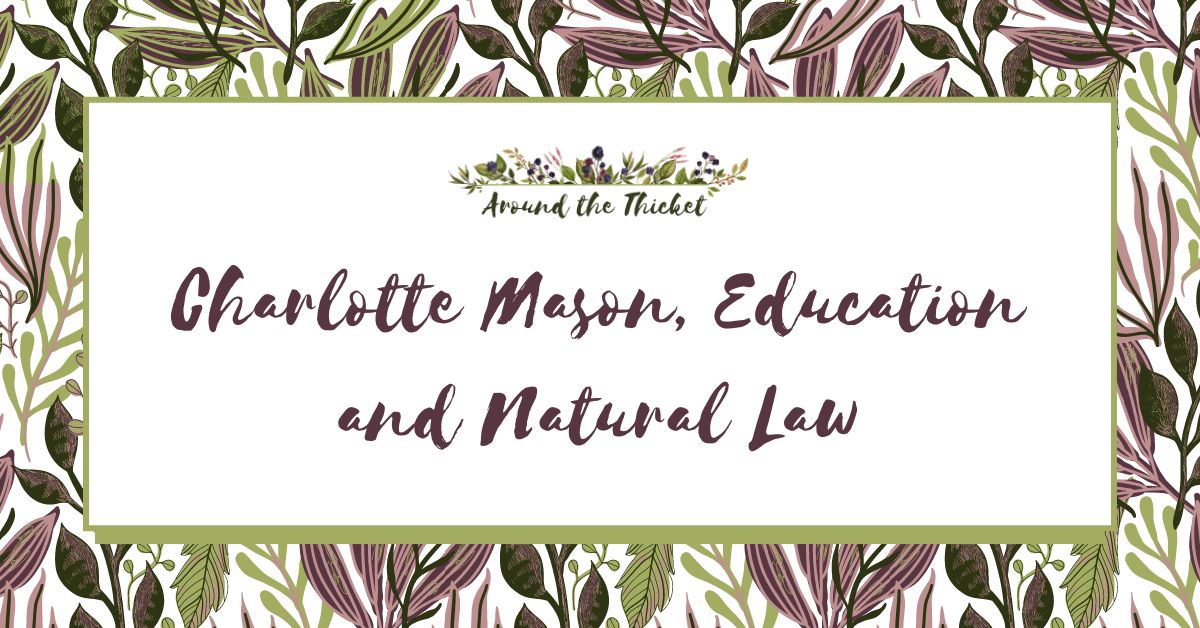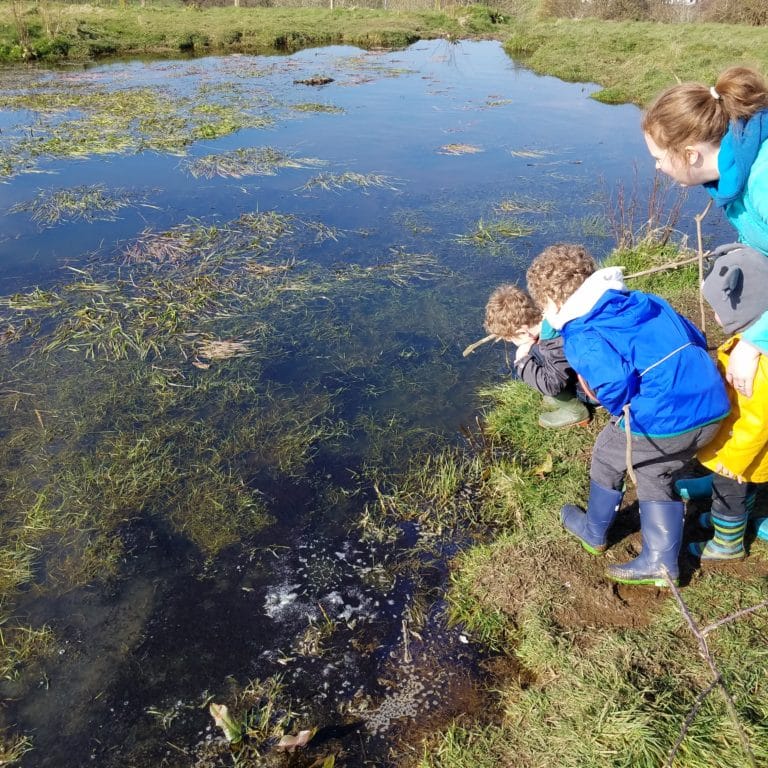Charlotte Mason, Education, and Natural Law: Thoughts on Telos
The second lecture in my class on natural law is about metaphysics – one of those big words that comes up reasonably often, yet I would struggle to tell you what it really means. A simple google search tells me that it’s the study of the first principles of things – the nature of things. I probably won’t remember that tomorrow.
What I have a better grasp of is the concept of telos, the idea that we all have an orientation, a purpose toward which we move and grow. Natural law makes a metaphysical claim: that there is a correct orientation, a way to behave, that leads to flourishing. This is consistent with the way we are made. Conversely, there are things that are bad for us because of the way we are created.
For example, to borrow the example from class, an oak tree is flourishing if it grows, bears fruit, bears leaves in the spring and lets the fall in the autumn, and so on. Any oak tree that is not doing those things is not flourishing, and it’s probably diseased or trying to grow in an unsuitable place.
Likewise, we can see that as humans, there are ways to live and behave that lead to flourishing. It’s more complicated, because there are many ways in which we can flourish, but the basics are similar: we need to care for our physical selves (exercise, healthy diet, etc.) but we are also social creatures – we need relationships. We are spiritual beings who are designed to know God (the fulfillment of this requires divine revelation, but you can look over time and see how consistently humanity has pursued a relationship with the Creator). And Charlotte Mason would also point out that we, as rational beings, crave ideas and need ideas in order to flourish intellectually.
What is different for humans, though, is that we have a moral obligation to live in line with this natural law. It is wrong to live in a way that prevents our physical bodies from being healthy (drug use comes to mind). By extension, it is also wrong to let our minds fester and atrophy.
What stands out to me is Charlotte Mason’s idea of flourishing intellectually really meant flourishing. An absolute abundance. A feast. Because we need lots and lots of examples and individual ideas to build up general principles that are even remotely reliable – principles of conduct along with principles about how the world works in general.




